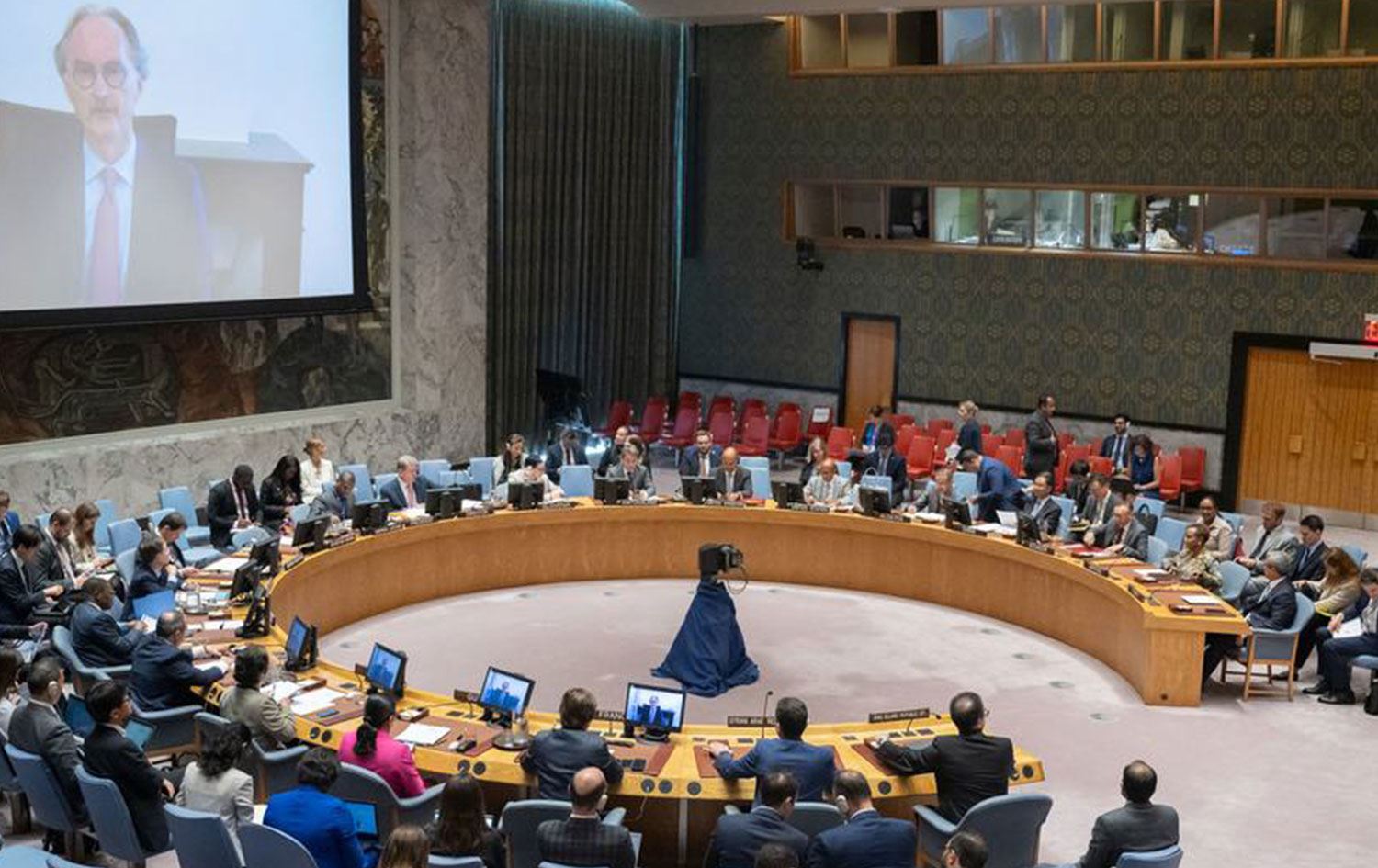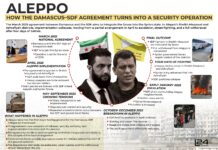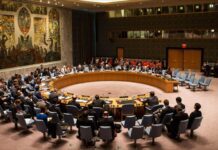
Russia is intensifying its efforts to normalize the Assad regime in Syria, calling on Western nations to abandon their “stubborn positions” and end military interventions in the region. The ongoing conflict, which has left Syria in a state of turmoil for over a decade, continues to spark international debate over the path to stability and peace.
During a recent session of the UN Security Council, Dmitry Polyansky, Russia’s first deputy permanent representative to the UN, emphasized the necessity of ending foreign military presence in Syria to achieve lasting stability. “Ending the foreign military presence that violates Syria’s sovereignty and territorial integrity is essential to achieving sustainable stability in this country,” Polyansky stated. He also demanded an unconditional cessation of air strikes on Syrian territory, warning that any efforts to reach a political settlement would be futile without such measures.
Despite Russia’s repeated calls, Israeli airstrikes on regime targets have continued, focusing on military sites and sensitive facilities with ties to Iranian-backed militias and personnel. The Assad regime has largely responded with appeals to the UN Security Council, issuing statements of condemnation but taking no significant military action.
Meanwhile, Turkey remains a key player in the region, balancing its security concerns with efforts to stabilize Syria. The Turkish Ministry of Defense recently responded to comments from Syrian Bashar al-Assad regarding the Turkish-Syrian rapprochement, reiterating Turkey’s desire to see a “democratic and prosperous Syria” free from “terrorist organizations.”
Turkish officials have outlined four main expectations for normalization with Damascus, including the elimination of “terrorist elements”, national reconciliation under UN guidelines, the safe return of refugees, and the uninterrupted flow of humanitarian aid.
The complexities of Turkish-Assad relations are underscored by ongoing discussions about a potential roadmap for bilateral meetings. However, Turkey remains firm in its stance that any dialogue must respect Syria’s territorial integrity and lead to meaningful progress with the “Syrian opposition.”
As Russia pushes for normalization, the US and its allies remain wary. Washington has reiterated its position that sanctions on the Assad regime will persist until there is tangible progress toward a political solution in line with UN Security Council Resolution 2254. They have also raised concerns about Assad’s involvement in the production and trade of Captagon, a powerful stimulant that has fueled regional instability.
The UK called for greater efforts to address the fate of missing persons in Syria, including those forcibly disappeared by ISIS. The British representative stressed the importance of cooperation in establishing an independent institution to clarify the fate of these individuals, who represent a significant portion of Syria’s population. UN officials expressed deep concern over the ongoing violence in Syria and its implications for international peace and security. The situation remains volatile, with no clear path to resolution as the international community grapples with the challenges of restoring stability to a war-torn nation.








